Coconut water is neither a typical nourishing yin nor a nourishing yang ingredient. Its properties are more neutral and cool, suitable for most people to clear heat and relieve summer heat. In traditional Chinese medicine theory, nourishing yin ingredients mostly refer to moisturizing and nourishing substances such as Tremella fuciformis and Lily, while tonifying yang ingredients include lamb and chives for isothermal supplementation. Coconut water is mainly effective in generating fluids, quenching thirst, diuresis, and reducing swelling. From a traditional Chinese medicine perspective, coconut water is rich in electrolytes and natural sugars, which can quickly replenish body fluids and alleviate symptoms of thirst or dehydration caused by heat. Its sweet and cool nature has a certain relieving effect on dry mouth and tongue caused by Yin deficiency and excessive fire, but it cannot directly nourish Yin fluid like medicinal herbs such as Rehmannia glutinosa. For those with insufficient yang energy, coconut water lacks warming and nourishing effects, and excessive consumption may worsen symptoms of yang deficiency such as chills and cold limbs, especially when consumed chilled. From a modern nutritional perspective, coconut water has a high potassium content that helps balance electrolytes, but a low sodium content that is not suitable as the only fluid replacement option after intense exercise. Although its natural sugar is healthier than processed drinks, diabetes patients still need to control their intake. People with special constitutions such as spleen and stomach deficiency and cold may experience diarrhea after drinking, and women during menstruation or during periods of wind cold and cold should also avoid it.
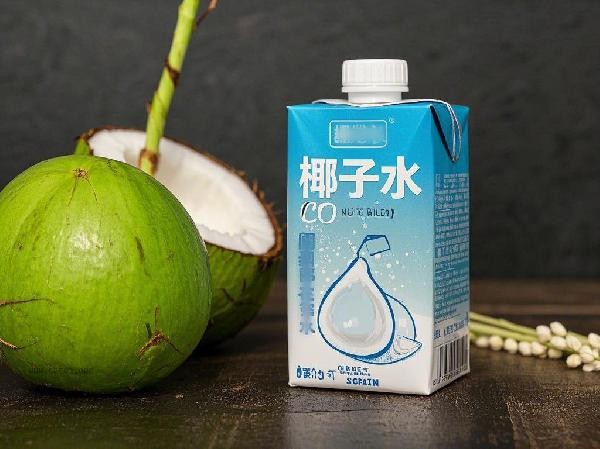
For daily consumption, it is recommended to choose fresh green coconut and consume it as soon as possible after opening to avoid bacterial growth. Can be paired with a small amount of ginger juice to neutralize coldness, or balanced with warm fruits such as longan. Traditional Chinese medicine regulation should be based on the combination of constitution. For those with yin deficiency, soaking in water with Ophiopogon japonicus can be used. For those with damp heat constitution, boiling with Job's tears is suitable, but neither can replace medication treatment. When there are obvious symptoms of imbalance between yin and yang, traditional Chinese medicine practitioners should be consulted for systematic adjustment.
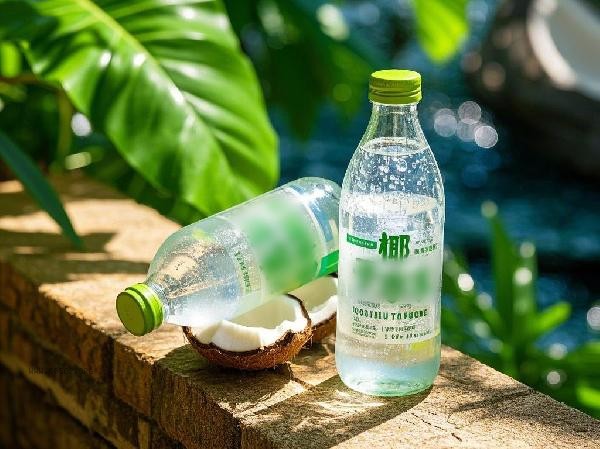
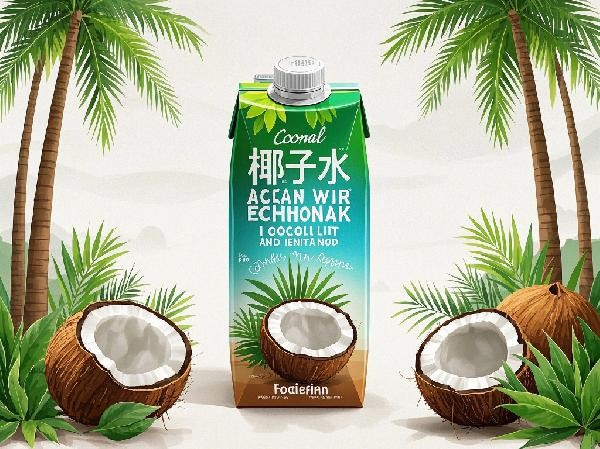

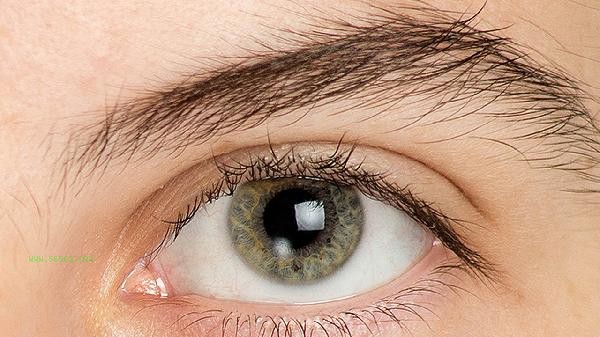
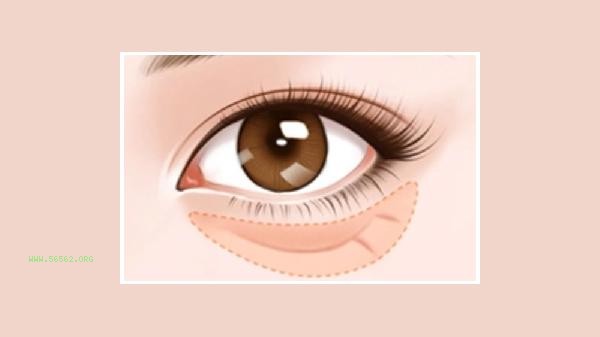
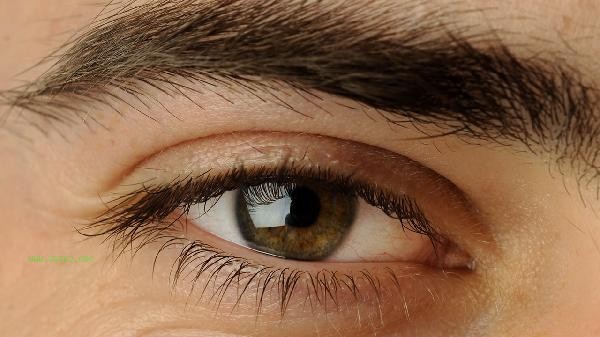
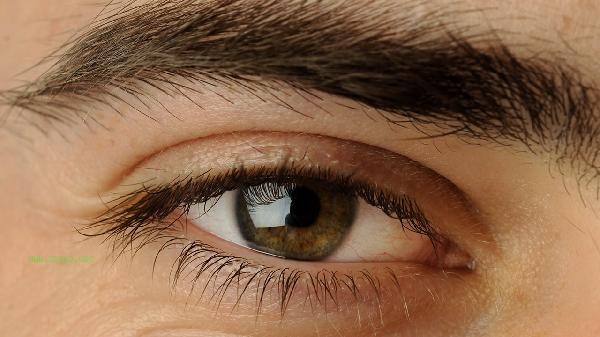




Comments (0)
Leave a Comment
No comments yet
Be the first to share your thoughts!